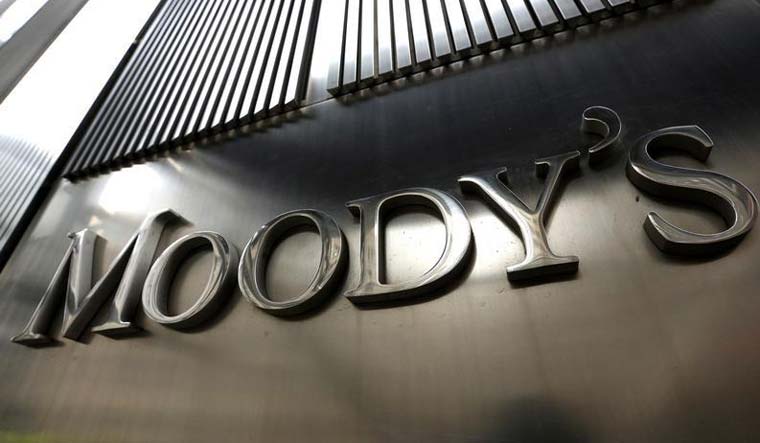Moody's Investors Service on Thursday said second wave of Covid infections has increased asset risks for Indian banks, but a severe deterioration is unlikely. It said that the second wave of coronavirus infections in India has exacerbated stress among individuals and small businesses that were hit the hardest by the initial outbreak. Still, a number of factors will prevent sharp increases in problem loans, and banks have sufficient buffers to absorb anticipated loan losses.
The country's economic recovery, a tightening of loan underwriting criteria and continued government support will prevent a sharp spike in problem loans, it said.
“A severe deterioration of banks' asset quality is unlikely, despite an expected rise in new loan impairments particularly among individuals and small businesses that were hit hardest by the virus outbreak. This is because government initiatives like the emergency credit linked guarantee scheme (ECLGS) have been effective in providing immediate liquidity for businesses,” Moody's Vice President and Senior Credit Officer Alka Anbarasu said.
In addition, accommodative interest rates and loan restructuring schemes will continue to mitigate asset risks, such that the coronavirus resurgence will delay but not derail the improvements in banks' balance sheets that had begun before the pandemic.
Moody's baseline expectation is that newly formed non-performing loans (NPLs) at public sector banks will increase nearly 50 per cent to about 1.5 per cent of gross loans annually in the next two years.
Nevertheless, banks' average NPL ratios will remain largely stable, driven by the resolution of legacy NPLs and an acceleration of credit growth, Moody's added.





